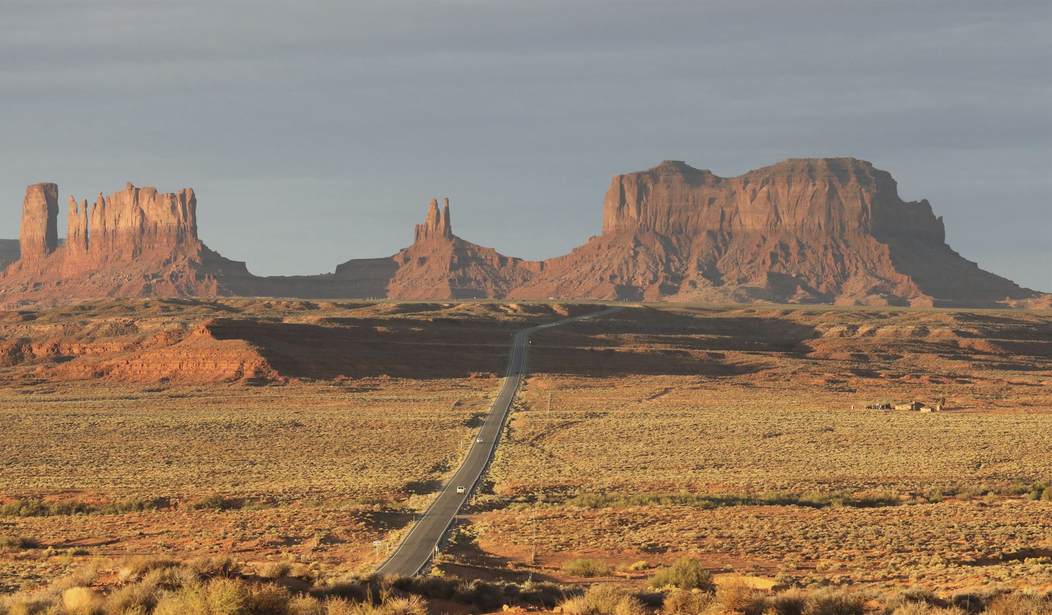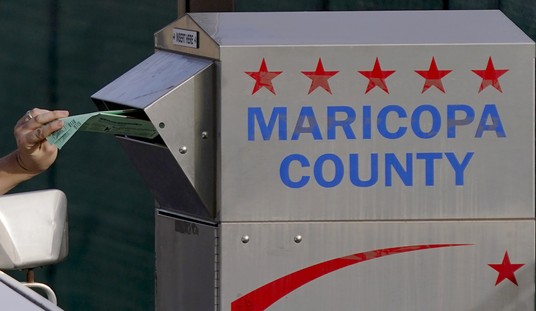On Tuesday, Gov. Spencer Cox's (R-Utah) office announced that the state had filed suit against the Bureau of Land Management (BLM) to gain control over 18.5 million acres currently under the agency's control. According to a press release from the governor's office, the state has asked the U.S. Supreme Court for a ruling on whether a federal agency can indefinitely control unappropriated land within a state.
In this case, the contested land is not national parks, monuments, wilderness areas, national forests, tribal lands, or military property. The case involves land that the BLM holds under the Federal Land Management Policy Act. The federal government is simply hanging on to the land but not for a specific purpose. The lands have never been designated as parks, refuges, wilderness, recreation areas, or anything. Attorney General Sean Reyes commented:
Today, we filed a historic lawsuit asking the U.S. Supreme Court to address whether the federal government can simply hold unappropriated lands within a state indefinitely. Nothing in the text of the Constitution authorizes such an inequitable practice. In fact, the Framers of the Constitution carefully limited federal power to hold land within states. Current federal land policy violates state sovereignty and offends the original and most fundamental notions of federalism.
If you live in Utah, especially in rural Utah, one of the running jokes is that "BLM" means something entirely different to you. Instead of Black Lives Matter, you are likely referring to the Bureau of Land Management, which exercises control over 18.5 million acres of land in the Beehive State. Most of the public land in Utah falls under one federal agency or another. Farmers, ranchers, and energy companies have long been at odds with the BLM and the environmental movement. The environmental movement is strong in Utah and backed by stacks of cash. One group even has a lobbying office in D.C.
When I was a reporter, I never went more than a day or two without some issue regarding the BLM cropping up. I used to live in an oil and gas country, and companies were also trying to develop oil shale and tar sands. There were places where the tar was literally seeping up through the ground, waiting to be extracted. However, many of those efforts were sidelined by lawsuits filed by the above-mentioned groups. One frustrated county commissioner explained it to me.
An environmental group opposed to energy development would read about a proposed project. It would then sue the BLM over an insufficient environmental impact assessment or statement or because of an endangered species such as the sage grouse or a plant called Graham's Bearded Penstemon. In one case, a species of Mexican wolf was a point of contention. There was no record of Mexican wolves ever being in Utah, but the idea was that some of them might amble across the border one day and take up residence here. And why not? Everyone else is.
According to the commissioner, when the case went to court, the Department of the Interior would offer to settle. The project was either shut down or delayed, and the environmentalists got a payday. The BLM also has a say when it comes to grazing rights in parts of the state. All told, the federal government has jurisdiction over approximately 70% of the land in Utah.
Of the lawsuit, Cox said:
It is not a secret that we live in the most beautiful state in the nation. But, when the federal government controls two-thirds of Utah, we are extremely limited in what we can do to actively manage and protect our natural resources. We are committed to ensuring that Utahns of all ages and abilities have access to public lands. The BLM has increasingly failed to keep these lands accessible and appears to be pursuing a course of active closure and restriction. It is time for all Utahns to stand for our land.
Cox is right. There are parts of Utah that are breathtaking, places in this state that stand as testimony to the artistic hand of God. By contrast, some places are about as picturesque as the average litter box and could be put to good use.
There is nothing wrong with preserving beautiful, unique, and pristine land. Conversely, over the years, I have watched as developers continue to build further and further up the side of mountains so that rich people can enjoy the quiet solitude of the high country, along with their 500 new neighbors.
As fire warden, I was dressed down by an angry Park City resident who said I had no business cutting down "his forest." My explanation that I was removing trees infested with bark beetles, which could kill every tree for miles around and exponentially increase the risk of wildfire, did not mollify him. It was "his forest," and I could stick my chainsaw where the sun didn't shine.
Land represents power and control. With so much land under its aegis, the federal government maintains control over Utah's present and future.










Join the conversation as a VIP Member